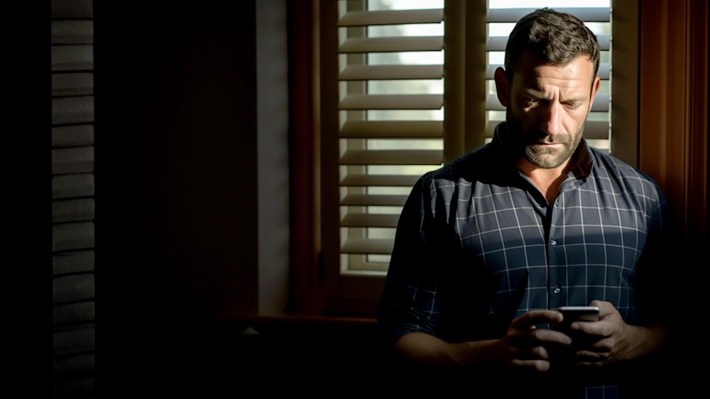Nextdoor promised to help connect communities, but browsing through my own Nextdoor feed feels more like a Hitchcock thriller where everyone is both a suspect and a detective. If Alfred Hitchcock were alive today, he would no doubt have an account, perhaps sharing cryptic warnings about the “suspicious-looking pigeon” on his windowsill.
Platforms like Nextdoor, Citizen and even the Ring doorbell app (which, incidentally, has had some other issues to contend with) are the modern neighborhood watch. But, unlike the neighborhood watches of yore, the era of “Hello, neighbor!” has evolved into “Why is my neighbor at my door?”
In one of my many weird pasts, I was a police officer, and as part of that, I had access to databases showing crimes committed in a particular area. Although there are more instances of crime than you might expect, most of them aren’t very serious, and very few of them affect several people in the area. If you were to get a notification every time a window was broken or a pocket was picked, your phone would be permanently twitching like a nervous Chihuahua.
And yet, we still join Nextdoor and get alerts from Citizen and make sure nobody’s standing outside our house by looking at our Ring app. We’re knowingly subscribing to a steady stream of notifications warning us of the dangers (or perceived dangers) all around. These are choices we make, and they’re not doing our mental health any good.
Imminent danger is great for app KPIs
Humans have evolved to be scared, so we’re naturally inclined to pay more attention to threats or negative information. Platforms like Nextdoor and Citizen make it easy for users to perpetuate this.
Just like on Facebook, Nextdoor has become ground zero for the spread of many rumors, hoaxes and unfounded allegations. But perhaps what makes it worse is that both the accused and the accusers are all within walking distance; it’s not just a bunch of nameless Facebook goons throwing around baseless claims. A single unsubstantiated post on Nextdoor about a supposed local criminal can spiral out of control. And where are the platforms in all this? The platforms could ban users who do that, but you know who often gets a lot of users excited and commenting and participating? Exactly those users. Platforms do love their engagement metrics, after all.
These platforms might make users feel they’re taking control of their safety, but they’re really just feeding into an illusion. True safety is not achieved by barricading ourselves behind screens and scrutinizing every passerby. Rather, it comes from fostering genuine connections, understanding and trust within our communities. Guess what? After getting a wall of warnings about my neighbors, I’m less likely to want to reach out to them to form friendships. In that sense, it seems like Nextdoor’s mission of connecting neighbors hasn’t really been reached.
Nextdoor and its cousins masquerade as champions of community safety, but more and more they’re feeling like opportunistic merchants of fear. If we’re not careful, we risk trading the rich, vibrant and fun tapestry of community life for a pixelated, paranoid existence behind screens.
So what can you do? Scaring yourself half to death in the name of feeling safer is counterproductive, so consider deleting those apps. Turn off the notifications. Reclaim your mental health. Say hello to your neighbors, give away some of your spare oranges, organize an arts and crafts thing for neighborhood children, or bake some cookies to bring along to the local playground. Anything is better than peeking through the half-drawn curtains while your phone is a firehose of fear.
